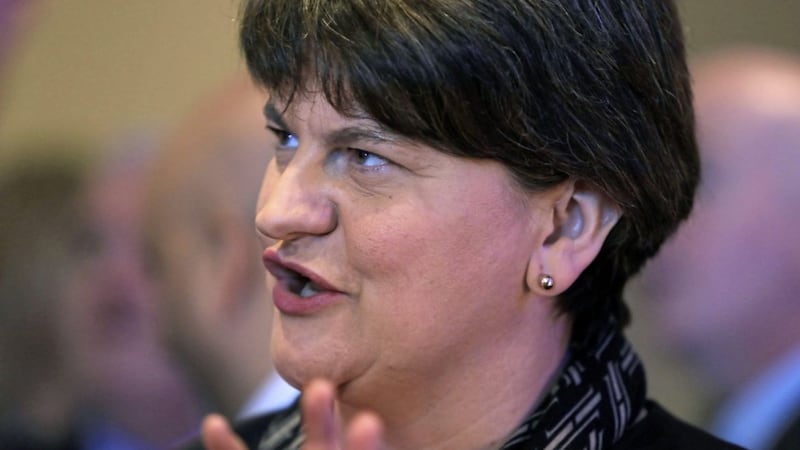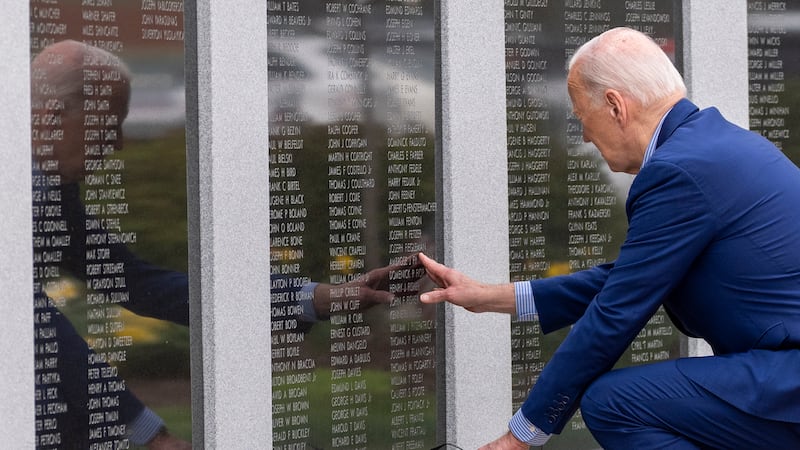KEY details about the financial arrangements for the RHI scheme in Northern Ireland were omitted from a document submitted to former enterprise minister Arlene Foster around a year before its launch.
The RHI inquiry at Stormont yesterday heard how DETI officials put forward a submission for Mrs Foster in November 2011, part of which stated that the department was seeking to carry forward an underspend in its RHI budget to the following year.
Inquiry counsel Joseph Aiken suggested the information presented to the minister was inaccurate and did not clearly lay out how the finances differed from a similar scheme in Britain.
An email from Jon Parker, a senior Treasury official, to the department, was not included.
In it Mr Parker outlined how the scheme in Britain worked and said that the Treasury would not be covering costs if it ran over budget, adding that there would be a penalty of five per cent imposed in the case of an overspend.
Bernie Brankin, who worked in the finance division of DETI - which had responsibility for spending on RHI - returned to the inquiry yesterday and said that the minister "should have been made aware" of the scenarios relating to underspending and overspending.
Ms Brankin said: "I can only think that the reason for it is the underspending in the budget. For four years we were looking at underspending. There wasn't a need to flag up overspending...but it should have been included."
Sir Patrick Coghlin, the inquiry chair, said it was "clear that the Department for Energy and Climate Change (DEC, which set up the scheme in Britain) took a different view and amended their scheme within six months" to implement cost controls.
Inquiry panellist Dr Keith MacLean said there was "something fundamentally dangerous" in the channels of communication between the Treasury and Stormont departments working on RHI.
He made the comment after hearing evidence from Joanne McBurney, an accountant who worked within the Department of Finance in charge of the Executive's overall budget process and preparations.
Ms McBurney said that the £25 million allocated for the scheme in Northern Ireland "came out of the blue" and added that, with hindsight, the department "should have clarified" the details of the funding with the Treasury.
Sir Patrick Coghlin queried why questions were not asked about the money, which was to be applied "to a volatile and unpredictable scheme".
Ms McBurney replied: "I don't think it was thought through by either Treasury or ourselves. Treasury say 'here is a pot of money, do a scheme'."
"Our expectation would have been that the department goes away and develops a scheme and stays within the budget."
She added: "Everyone in the same room talking about it would have been better, yes, and I accept that the communication in this case wasn't helpful."
The botched scheme faces a potential overspend of up to £700m over the next 20 years due to the cost of fuel for heating systems being less than subsidies paid.








